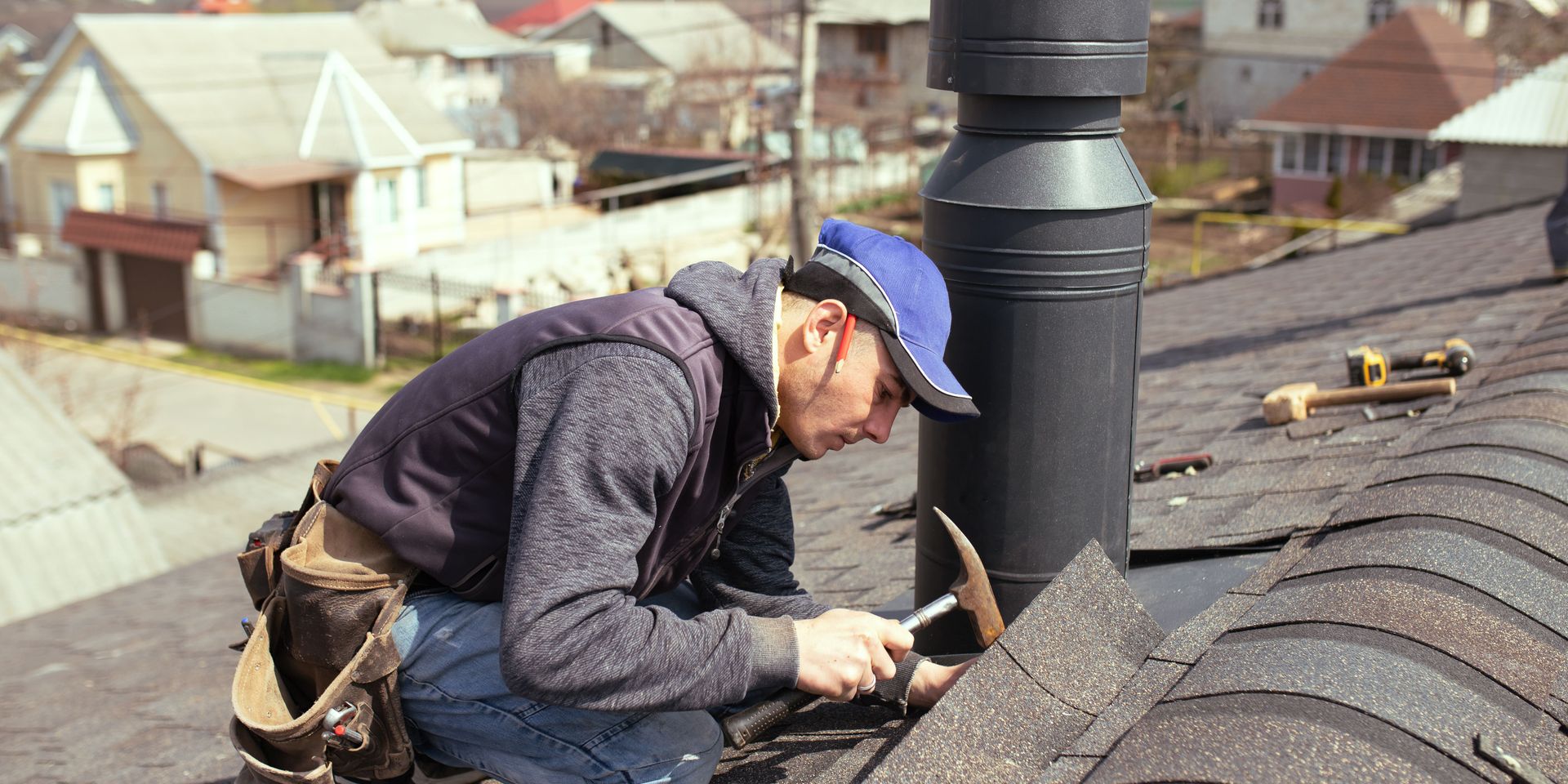Access to the roofing profession is generally through vocational training in the building sector. Here are the main training pathways:
CAP Level (Certificat d'Aptitude Professionnelle - Vocational Aptitude Certificate):
- CAP Couvreur: This is the basic and most directly related qualification for the profession. It provides training in the laying techniques of different materials, zinc work, and safety rules. It is prepared in 2 years after the third year of secondary school.
- CAP Étancheur du bâtiment et des travaux publics: Although more focused on the waterproofing of flat roofs, it can provide useful complementary skills.
Bac Pro Level (Baccalauréat Professionnel - Vocational Baccalaureate):
- Bac Pro Couvreur zingueur: This qualification deepens technical knowledge and allows for the acquisition of skills in site management and technical drawing. It is prepared in 3 years after the third year of secondary school or in 2 years after a CAP.
- Bac Pro Aménagement et finition du bâtiment: A "roofing" option may exist in some establishments.
Other Training and Certifications:
- Titre Professionnel (TP) Couvreur-zingueur: Adult training allowing the acquisition of specific skills for the profession.
- Certificats de Qualification Professionnelle (CQP): May exist for specializations (e.g., CQP Zingueur - Zinc Worker CQP).
- Additional safety training: Working at height (R408), assembly and use of scaffolding (R457), CACES for driving mobile elevating work platforms (PEMP).
Career Development and Specialization:
After obtaining these qualifications and with experience, roofers can progress to positions as team leaders, site managers, or specialize in specific techniques (restoration of historic monuments, installation of green roofs, installation of solar panels on roofs). Additional training may then be necessary to acquire these specializations.
Roofer Salary:
Starting Salary:
Generally at the minimum wage (SMIC) level (approximately €1,767 gross per month in 2025) for the least experienced or those just obtaining their CAP.
Experienced Roofer Salary:
After several years of experience (5 years or more), the salary can average between €2,200 and €3,000 gross per month, or even more.
Specialized roofers (experienced zinc workers, specialists in historic monuments, etc.) may claim higher remuneration.
General Average Salary:
The median salary for a roofer in France is around €24,002 gross per year, or approximately €2,000 gross per month.
The average gross annual salary is estimated at around €27,912.
Factors Influencing Salary:
- Experience: Seniority is a major factor in salary increases.
- Qualifications and Diplomas: A CAP, a Bac Pro, or additional certifications can influence salary. Specialization is also valued.
- Specific Skills: Mastery of zinc work, advanced insulation techniques, or complex installations can increase remuneration.
- Licenses and Authorizations: Possession of CACES for driving mobile elevating work platforms can be an asset.
- Region: Salary disparities may exist between regions, particularly in Île-de-France where salaries may be slightly higher.
- Type of Company: Large or specialized companies may offer more attractive salaries.
- Status: A self-employed roofer may have variable but potentially higher income.
Working Environment:
The roofer works in a profession that takes place mainly outdoors and at height, which is a major characteristic of their working environment.
Working on roofs with varying slopes and altitudes, they must exercise constant vigilance and scrupulously comply with safety regulations. The use of scaffolding, ladders, harnesses, and lifelines is a common and indispensable practice to prevent risks.
The roofer is also exposed to climatic conditions, whether sun, rain, wind, or cold, and must be able to adapt to these variations and adjust their techniques accordingly.
The itinerant nature of the work sites involves frequent travel to various locations. The carrying of heavy loads, such as tiles and waterproofing rolls, is a significant physical requirement of the profession.
Although teamwork is frequent, especially on large-scale projects, the roofer may also be required to work alone on smaller interventions (repairs, maintenance). The use of motorized tools can generate noise, making the wearing of hearing protection necessary.
Given the inherent risks of working at height and handling materials, strict compliance with safety standards and the wearing of personal protective equipment (PPE) are absolutely paramount.
Finally, the roofer may have direct interactions with clients, whether to discuss the details of the work, prepare quotes, or explain the interventions carried out. In summary, the roofer's working environment is physical, often outdoors and at height, subject to climatic hazards, and requires a strong safety culture, while combining collaborative work and autonomy, with potential contact with clients.



